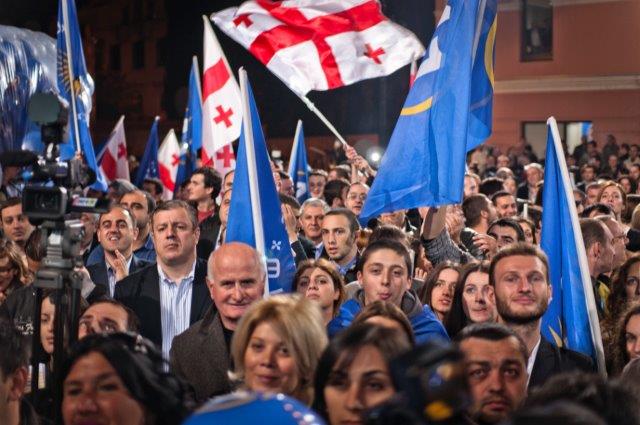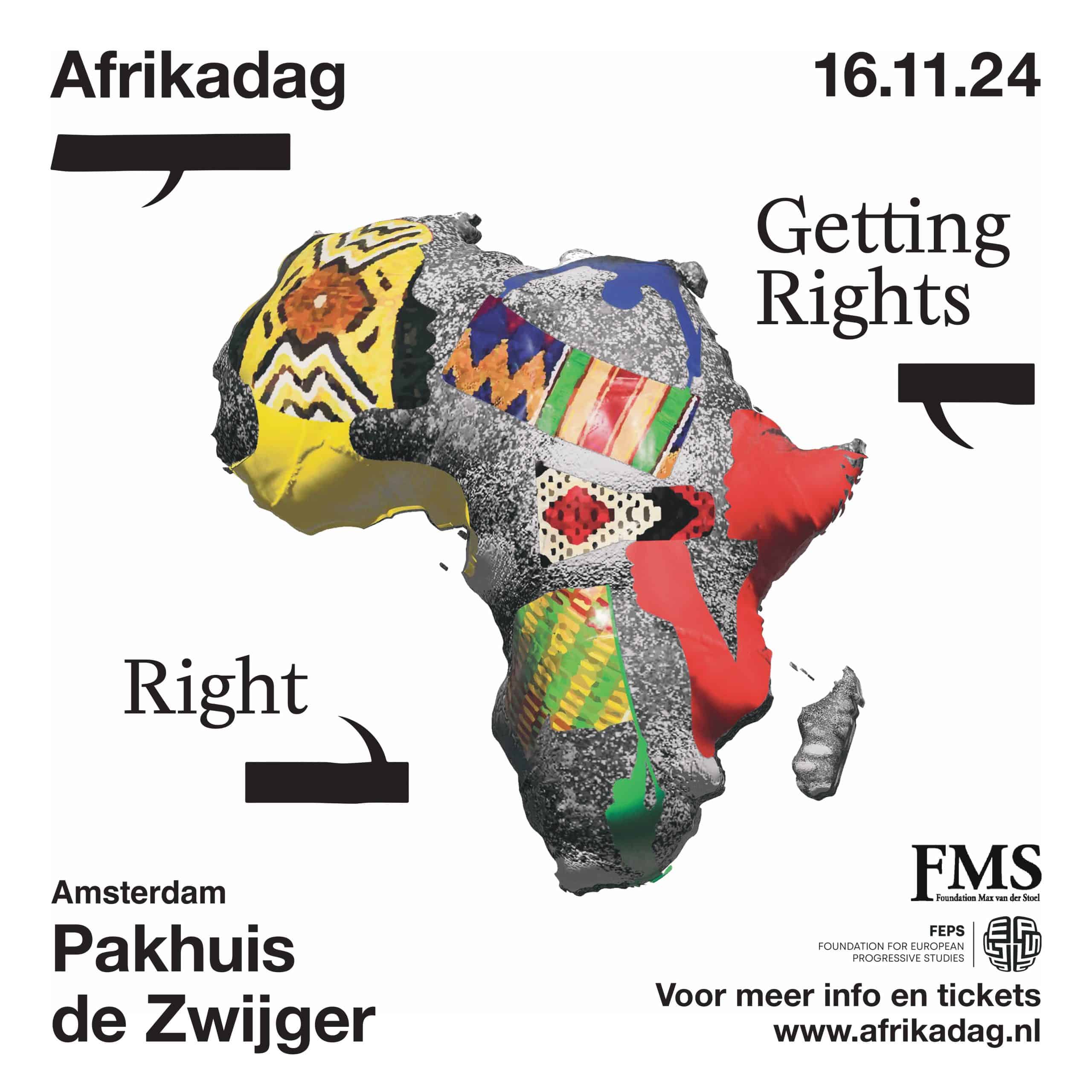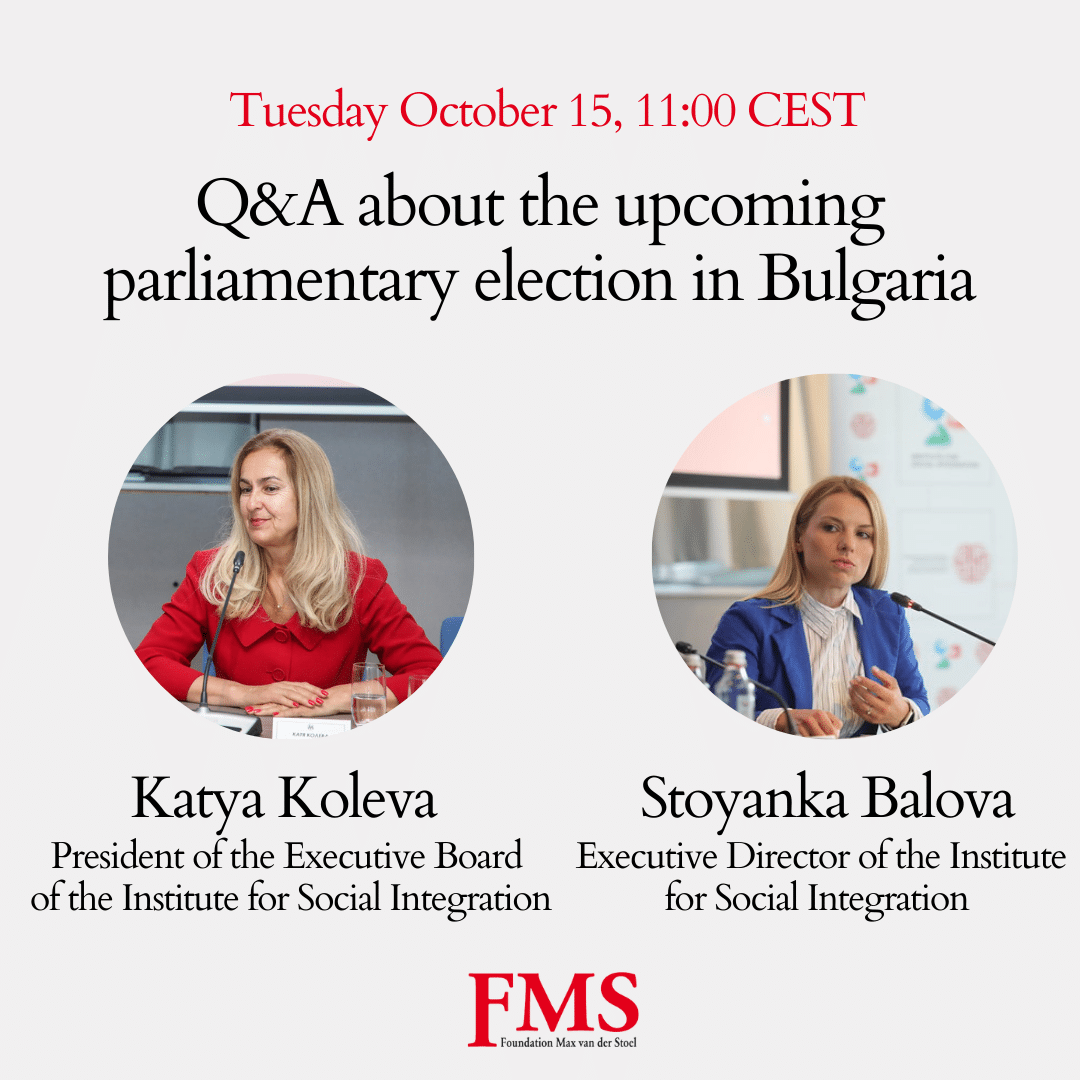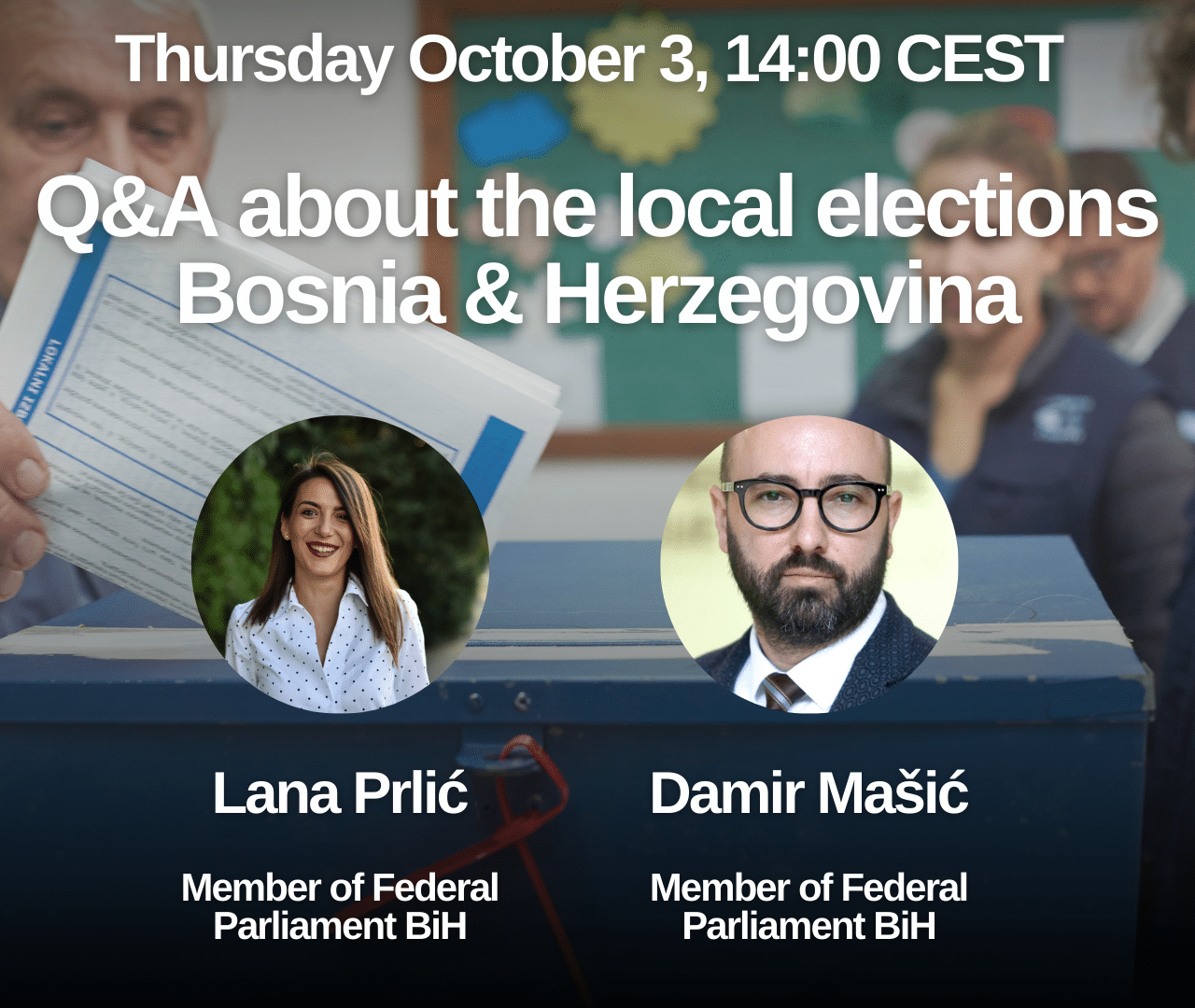A fierce campaign raged in Georgia in recent weeks. Yesterday, the second round took place of a presidential election that made it unprecedentedly exciting in the first round: the difference between the winner and the number two was less than 1%. The ruling party, Georgian Dream (GD), is backing an independent candidate, Salome Zurabishvili, against the opposition United National Movement (UNM) candidate, Grigol Vasjadze. The powerful GD threw everything into the fray, resulting in a huge mobilisation. This was also visible: the entire government campaigned and in capital Tbilisi, gigantic posters of Zurabishvili hung everywhere you looked. It worked: some 98% of the votes have now been counted and of these, she has 60% versus Vashadze's 40%.
During the campaign, language on both sides was remarkably sharp: accusations of treason seemed to be the order of the day, and both sides predicted hell and damnation if the opposing candidate wins. One would think this would be a crucial election for a powerful position, but nothing could be further from the truth. Since a constitutional amendment last year, the president has a ceremonial role and Georgia will now officially become a parliamentary republic. So why the high stakes?
Archenemies
One reason is that this presidential election is seen as a precursor to the much more important 2020 parliamentary election. It is the biggest pillar of the country's vote after six years of GD government, and will also be iconic for next campaign. But for many in Georgia, the answer also lies in what they call "the battle between two men": informal UNM leader Mikheil Saakashvili and GD leader Bidzina Ivanishvili. The billionaire Ivanishvili appeared on the Georgian political scene out of nowhere in 2012 with his Georgian Dream, sending Saakashvili's UNM home after a defeat in the parliamentary election. When Saakashvili's last term as president expired in 2013, he emigrated to Ukraine. After an unsuccessful attempt to build a new political career there, he has been living in the Netherlands since this year. He cannot return to Georgia as he has been indicted for alleged crimes during his terms in office since 2014. In addition, Saakashvili lost his Georgian citizenship after he applied for Ukrainian citizenship to follow his political ambitions there.
None of this has stopped Saakashvili from seeking an active role in Georgian politics. He addresses meetings of his party via Skype connections, and the UNM has still not elected a new party leader. Saakashvili and Ivanishvili accuse each other of everything that is wrong in Georgia. You could say the two can't stand each other.
Leader vs party
That the struggle has a personal tinge is also evident from the reactions of Saakashvili himself and his UNM, respectively, to the election results. Through a Skype interview, Saakashvili called on Georgians not to accept this result as legitimate and to launch a campaign of civil disobedience against the "criminal mafia gang that has Georgia in its grip." He called on the police to "stand on the side of the people" and the army not to carry out "illegal orders". It is very reminiscent of a call for revolution. UNM and its candidate, Vasjadze, are a lot more restrained. Although they too question to some extent the legitimacy of the election - they talk about vote buying and pressure on voters from the GD - Vasjadze said at a press conference in his response to Saakashvili's words that "what has not been decided [by us] collectively and what has not been said from this podium remains the opinion of one person".
Polarization
Meanwhile, Georgian society is completely polarised: you are either for one or the other. Or rather: against one or against the other. This applies not only to most people, but also to the media. There seems to be no room for a middle ground. In the first round, though, there was a third candidate, who got almost 11% of the votes against the 38% and 37% of numbers 1 and 2 respectively. This Davit Bakradze is the leader of the European Georgia party, a split from the UNM after a conflict over, among other things, the need to elect a new leader. But Bakradze also picks a side in this duel: in the second round, his party supported the UNM because they consider the alternative - GD - "much worse". In particular, they accuse Ivanishvili of having the party in his pocket, and controlling the country in the same way.
Up or down
The key question in all this is whether the fledgling Georgian democracy in the making can cope with the high-stakes rivalry between two major personalities. In 2012, Georgia became the first country in the region to see a change of power after fair elections. But past achievements do not guarantee the future, and it is very important to maintain and anchor that progress. The focus in Georgia and beyond will therefore be on how this second round of presidential elections went (reports from monitors are yet to come).
Has GD stuck to democratic principles as it threatened to lose a leadership position for the first time since 2012? The opposition at least thinks not. And given the effort it took to win this election, there is also the question of whether GD will stick to the democratic process ahead of the crucial 2020 parliamentary election, the outcome of which suddenly seems a lot less certain. And how will the UNM stand? Will it choose the confrontational path and style of its informal leader-in-exile, or will it go for a peaceful process? In short, the coming period will be a test for Georgia. Let us hope that enough progress has been made in recent years to pass it.
Photo: Marco Fieber/Flickr (Creative Commons). No changes made





